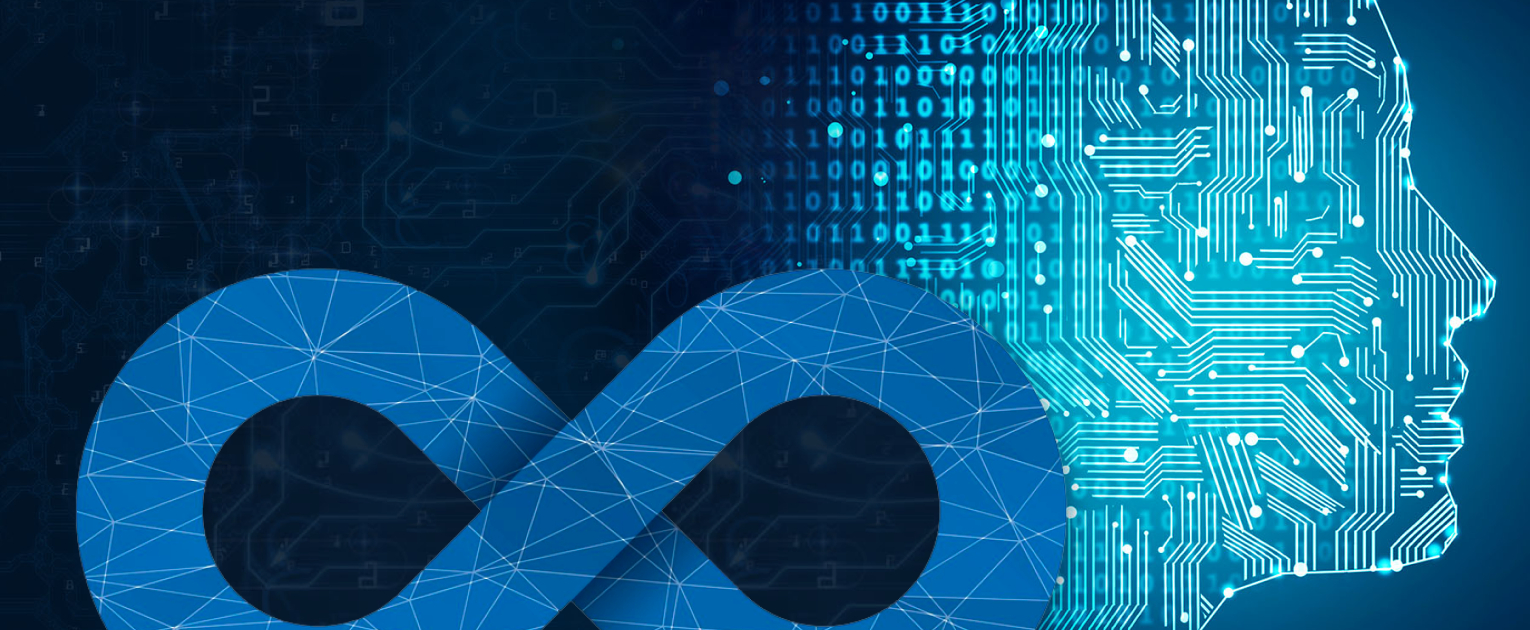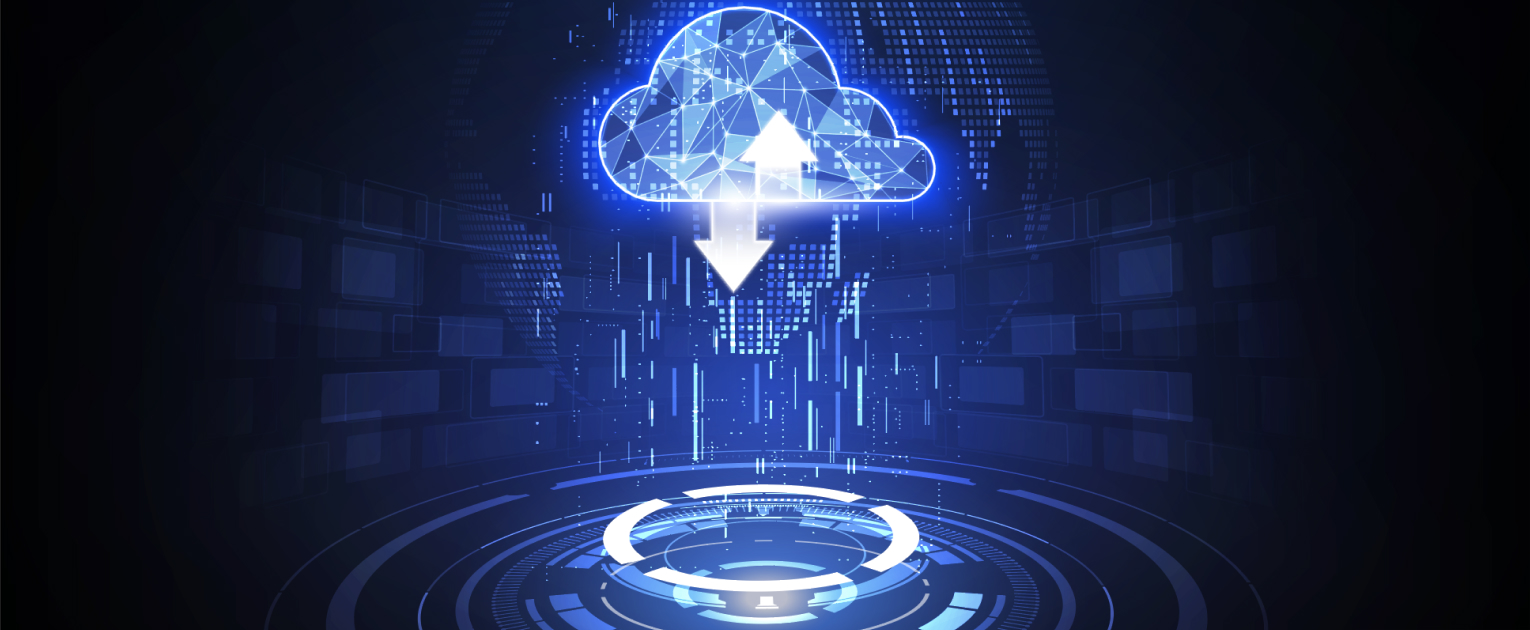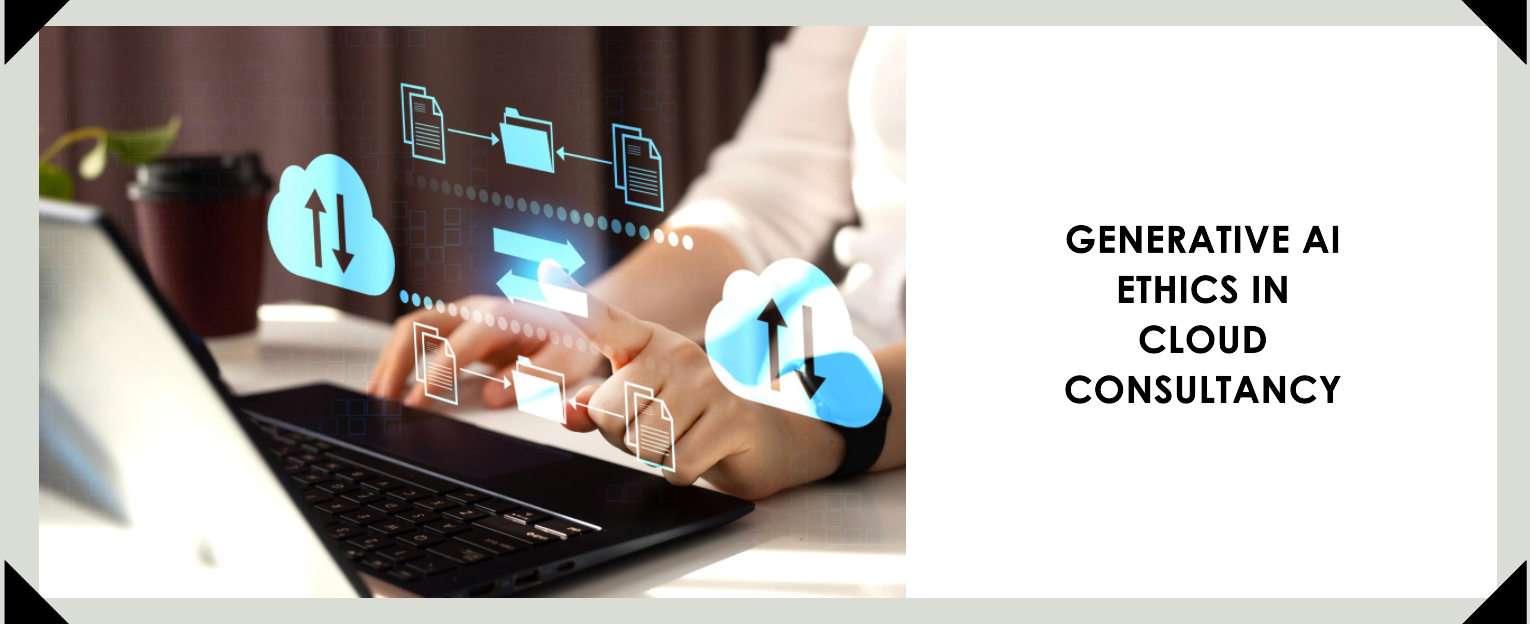The fusion of artificial intelligence and DevOps is reshaping software development and IT operations. This article, “How Generative AI in DevOps Is Changing the Landscape,” dives into this synergy.
DevOps streamlines software development and operations, while Generative AI generates code and solutions autonomously. We will explore how Generative AI revolutionizes DevOps, enhancing efficiency, quality, and cost-effectiveness. The article will have real-world examples, benefits, and challenges, offering a glimpse into the future of DevOps powered by Generative AI.
Learn more as we unravel this transformative journey.
Overview of DevOps and its importance
DevOps is a transformative approach to software development and IT operations. It emphasizes collaboration, communication, and automation between traditionally separate development and IT teams.
DevOps streamlines the software delivery process. It ensures a seamless process for everything from coding and testing to deployment and monitoring. By fostering a culture of collaboration and automation, DevOps enables organizations to release software more frequently, with greater efficiency and higher quality. As a result, organizations get reduced development cycles, faster time-to-market, and improved customer satisfaction, making DevOps a crucial framework in the modern software development landscape.
What is Generative AI?
Generative AI is a sub-branch of artificial intelligence (AI) technology that focuses on autonomously creating content, data, or solutions. Unlike traditional AI systems that rely on explicit instructions and data, generative AI models are trained on vast datasets and learn to generate new content or data similar to what they have been exposed to during training. These models can be used to create text, images, audio, and even code.
One of the most well-known generative AI models is the GPT (Generative Pre-trained Transformer) series, which includes models like GPT-3 and GPT-4. These models have shown impressive natural language understanding and generation capabilities, making them valuable tools for tasks such as language translation, content generation, and chatbots.
Generative AI offers a range of applications across various industries, including creative content generation, data augmentation, and automation of repetitive tasks. Moreover, it continues to advance and find new use cases as AI research progresses, like Disaster recovery, finance, and more. That being said, Generative AI is already making sounds in different areas of technology and DevOps is no different.

How does Folio3 use generative AI to transform DevOps operations?
Explore our success stories, strategies, and best practices to embark on a transformative DevOps journey. Click here to learn more and stay ahead in the world of technology!
Role of Generative AI in DevOps
Generative AI plays a pivotal role in DevOps by introducing automation, efficiency, and innovation into various software development and deployment aspects. Here are some key roles and contributions of Generative AI in DevOps.
1. Code Generation
Generative AI can automatically generate code snippets, scripts, and complete applications based on high-level requirements or design specifications.
2. Testing Automation
Generative AI can assist in automating software testing by creating test cases, generating test data, and even predicting potential areas of code that require testing.
3. Deployment Automation
Generative AI can optimize deployment by automating infrastructure configuration, containerization, and orchestration.
4. Infrastructure as Code (IaC)
Generative AI can help create and manage infrastructure as code, allowing DevOps teams to programmatically define and provision infrastructure resources.
5. Monitoring and Anomaly Detection
Generative AI can assist in creating models for monitoring system performance and identifying anomalies in real time. This proactive approach helps detect issues early and ensures that applications and systems run smoothly.
6. Natural Language Processing (NLP)
NLP-based Generative AI can be used in chatbots, virtual assistants, and customer support automation, enhancing communication and collaboration within DevOps teams and with stakeholders.
7. Documentation and Knowledge Management
Generative AI can help automate documentation processes by generating documentation, release notes, and knowledge base articles, ensuring that essential information is readily available to team members and users.
Impact of Generative AI DevOps
Generative AI significantly impacts DevOps by revolutionizing key software development and deployment aspects.
Here are three prominent ways that impact Generative AI DevOps
1. Code Generation
Generative AI automates code generation, allowing developers to expedite development. This accelerates development and ensures code consistency and adherence to coding standards.
2. Testing Automation
Generative AI plays a crucial role in testing automation. It can create test cases, generate test data, and predict potential areas of code that require testing. Automating these tasks makes testing more efficient and comprehensive, helping teams identify and rectify issues earlier in the development cycle leading to higher software quality.
3. Deployment Automation
Generative AI streamlines deployment processes by automating infrastructure configuration, containerization, and orchestration tasks. This automation ensures that deployments are consistent, reliable, and less prone to human errors. It also enables quicker and more frequent deployments, which align with DevOps principles of continuous delivery and integration.
These three impact areas highlight how Generative AI empowers DevOps teams to optimize their workflows, reduce manual effort, and enhance the overall efficiency and quality of software development and deployment processes.
Benefits of DevOps Generative AI
Generative AI in DevOps offers a range of compelling benefits that directly impact the efficiency, quality, cost-effectiveness, and scalability of software development and deployment.
Here are the key advantages of using Gen AI in DevOps practices:
1. Increased Efficiency
Generative AI automates various tasks within the DevOps pipeline, reducing manual intervention and accelerating processes. This efficiency translates into faster development cycles, shorter time-to-market, and the ability to iterate and innovate more rapidly.
2. Improved Quality
Generative AI aids in automating testing, code generation, and deployment tasks, leading to fewer errors and better code quality. Identifying issues early in the development process ensures that software is more robust and reliable, ultimately enhancing the end-user experience.
3. Cost Reduction
Generative AI helps reduce operational costs through automation and optimization. By automating repetitive tasks and minimizing the chances of human errors, organizations can save on labor costs and reduce the need for extensive manual testing and deployment efforts.
4. Scalability and Consistency
Generative AI ensures consistent and reliable processes throughout the DevOps lifecycle. It can automatically scale infrastructure, handle configuration management, and enforce best practices, ensuring that applications and services can scale seamlessly to meet growing demands without compromising stability.
Generative AI for DevOps practices offers these benefits and allows organizations to enhance their software development and deployment capabilities while maintaining a competitive edge in fast-paced technology landscape.
Learn how consultancy services are changing cloud infrastructure with the help of Generative AI.
Challenges and Considerations of Gen AI for DevOps
While Generative AI offers numerous advantages in DevOps, its implementation also comes with several challenges and considerations that organizations must address to maximize its benefits.
Here are key challenges and considerations that can impact Generative AI for DevOps:
A. Data and Training:
- Data Quality: Generative AI models require large and high-quality datasets for training. Ensuring the availability of relevant and clean data can be a challenge.
- Training Time: Training Generative AI models can be time-consuming and computationally intensive, impacting project timelines.
B. Security and Compliance:
- Security Risks: Generative AI could potentially generate code or content with vulnerabilities, posing security risks if not thoroughly tested and reviewed.
- Data Privacy: Handling sensitive data within Generative AI models may raise data privacy and compliance concerns.
C. Human Oversight:
- Bias and Ethics: Generative AI models can inherit biases from training data, leading to unintended biases in generated content. Human oversight is crucial to address ethical and fairness concerns.
- Quality Assurance: While Generative AI can automate tasks, human expertise remains essential for quality assurance and decision-making.
D. Adoption and Integration:
- Integration Challenges: Integrating Generative AI into existing DevOps pipelines and workflows may require significant changes and adjustments.
- Skill Gap: Organizations must invest in training and upskilling their teams to leverage Generative AI effectively.
Addressing these challenges and considerations is vital to harnessing the full potential of generative AI in DevOps while mitigating risks and ensuring compliance with industry standards and ethical guidelines.
Real-World Examples of Generative AI in DevOps
Highlighting Companies Successfully Using Generative AI in DevOps:
1. Netflix:
Application: Netflix employs Generative AI to optimize content delivery and enhance recommendation algorithms.
Benefits: Automated content delivery decisions ensure a smoother streaming experience for users and increase content discoverability, ultimately driving subscriber retention.
2. Google:
Application: Google uses Generative AI for predictive maintenance in its data centers. It predicts equipment failures and automates maintenance schedules.
Benefits: Reduced downtime, lower operational costs, and improved data center efficiency.
3. IBM:
Application: IBM utilizes Generative AI to automate the testing of software updates and patches, ensuring faster and more accurate testing.
Benefits: Accelerated software release cycles, reduced testing effort, and enhanced software quality.
Outcomes and Cost Savings of Generative AI in DevOps
1. Cost Savings
Companies integrating Generative AI into DevOps report significant cost savings by automating manual tasks, reducing operational expenses, and minimizing downtime.
2. Accelerated Development
Generative AI streamlines code generation, testing automation, and deployment processes, leading to faster development cycles and quicker time-to-market.
3. Enhanced Quality
Automated testing and code generation by generative AI improves software quality, reduces errors, and enhances user experiences.
4. Improved Scalability
Generative AI helps organizations efficiently scale their infrastructure and applications, ensuring they can handle increasing workloads without compromising performance.

How does Folio3 use generative AI to transform DevOps operations?
Explore our success stories, strategies, and best practices to embark on a transformative DevOps journey. Click here to learn more and stay ahead in the world of technology!
Future Trends and Possibilities of Using Generative AI in DevOps
The future of Generative AI in DevOps holds immense potential, with several emerging trends and possibilities set to reshape the landscape. Here are some key future trends to watch:
1. AI-Augmented Development
Generative AI will become integral to the software development process, assisting developers with code suggestions, bug fixes, and even architectural decisions.
2. AI-Driven Testing and QA
AI-powered testing will become more sophisticated, with Generative AI automating test case generation, test data creation, and advanced anomaly detection.
3. AI for Predictive DevOps
Generative AI will predict issues before they occur, allowing proactive maintenance and minimizing downtime.
4. AI-Powered Chatbots for Support
AI-driven chatbots will become more capable, offering advanced support for DevOps teams and end-users, including troubleshooting and incident management.
5. AI-Enhanced Security
Generative AI will play a significant role in identifying and mitigating security vulnerabilities and threats in real time.
6. AI-Driven Documentation
Generative AI will automate documentation generation, helping maintain up-to-date and comprehensive project documentation.
Best Strategies for Adding Generative AI to DevOps
One question that lingers in our heads after reading all about Generative AI is:
“How can a devops team take advantage of artificial intelligence (ai)?”
DevOps teams can leverage Generative AI by implementing strategies, following structured steps, and adhering to best practices. Here’s a comprehensive guide on how to do so:
A. Strategies for Incorporating Generative AI:
- Identify Use Cases: Begin by identifying specific use cases where Generative AI can add value, such as code generation, testing automation, or documentation.
- Skill Development: Invest in training and upskilling DevOps team members to understand and work with Generative AI tools and models effectively.
- Start Small: Begin with small-scale pilot projects to assess the feasibility and benefits of Generative AI within your DevOps environment.
- Collaboration: Foster collaboration between DevOps and data science teams to explore AI-driven solutions jointly.
- Data Management: Ensure data quality, availability, and security, as Generative AI heavily relies on high-quality training data.
B. Steps to Get Started with AI in DevOps:
- Define Objectives: Clearly define the goals and objectives you aim to achieve with Generative AI integration in DevOps.
- Select Tools and Models: Choose appropriate Generative AI tools and models based on your specific use cases and requirements.
- Data Collection and Preparation: Gather and preprocess data required for training generative AI models, ensuring they are relevant and clean.
- Model Training: Train Generative AI models using the prepared data, adjusting parameters for optimal performance.
- Testing and Validation: Rigorously test the Generative AI models to ensure they meet quality and security standards.
C. Best Practices for Maximizing the Benefits:
- Human Oversight: Maintain human oversight to review and validate AI-generated results, especially in critical processes.
- Ethical Considerations: Address ethical concerns, biases, and fairness in AI models and decisions.
- Documentation: Document AI integration processes, configurations, and models for transparency and future reference.
- Scalability: Ensure that Generative AI solutions are designed for scalability to accommodate growth and increased demand.
- Security: Implement robust security measures to protect AI models, data, and DevOps environment.
By following these strategies, steps, and best practices, DevOps teams can successfully incorporate Generative AI into their workflows, harnessing its potential to improve efficiency, quality, and automation while ensuring ethical and secure practices.









